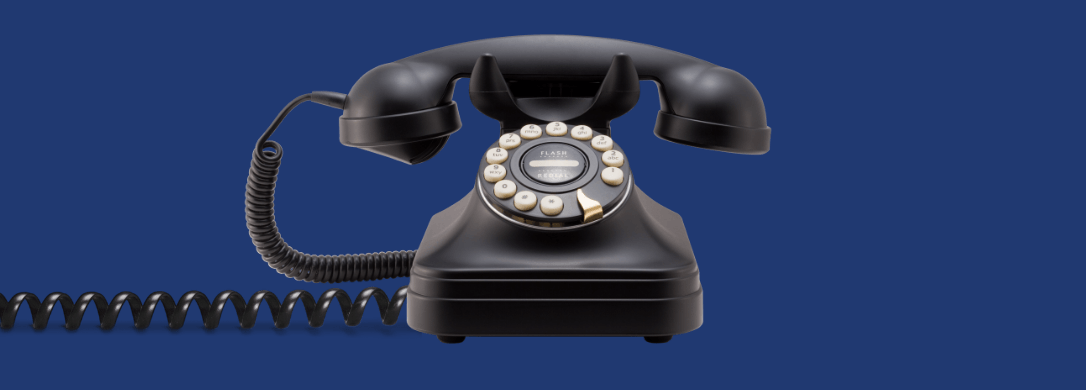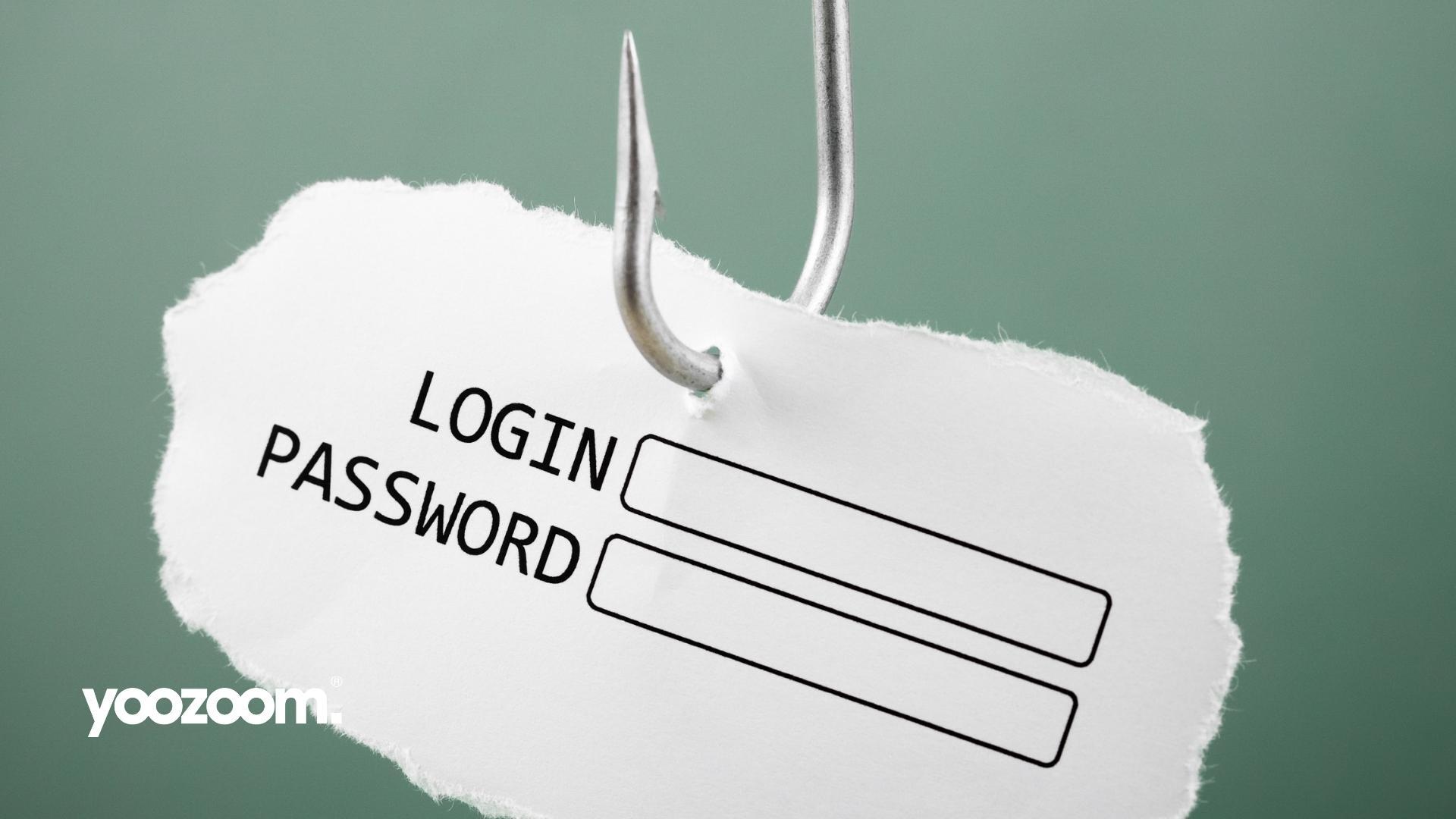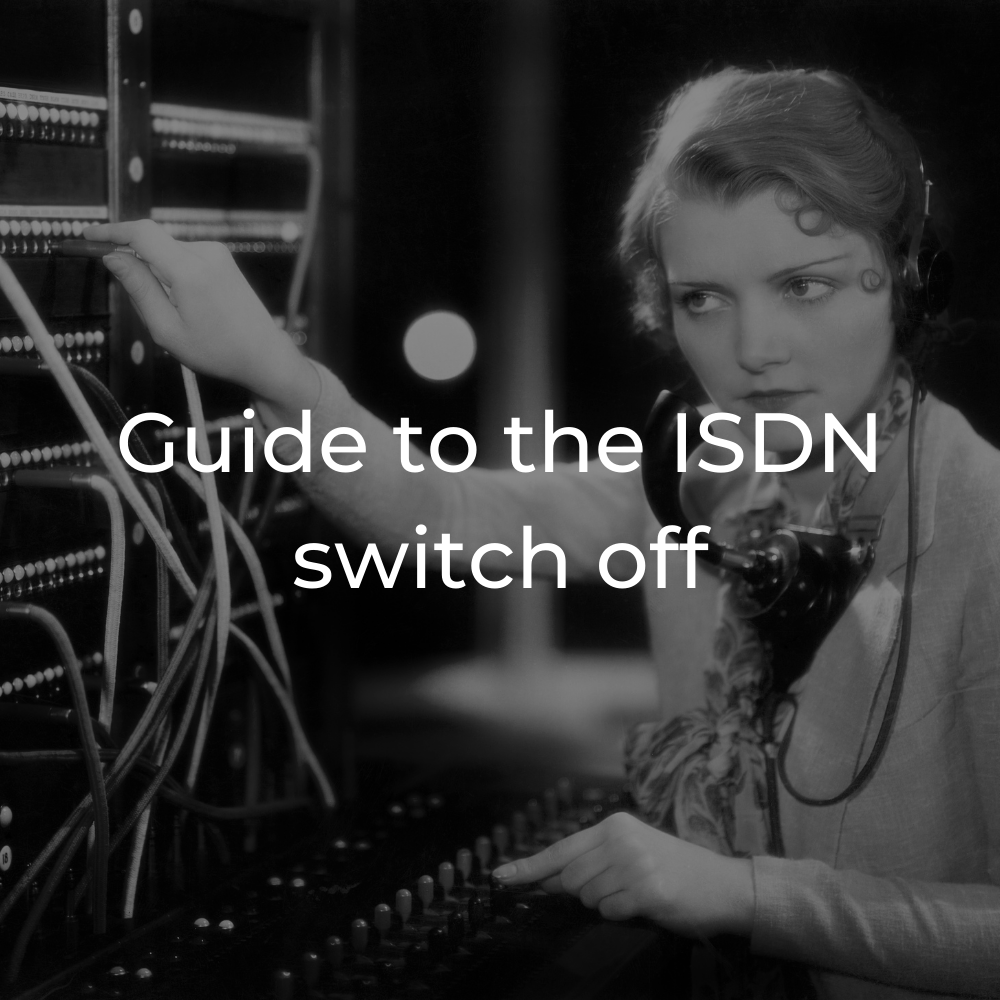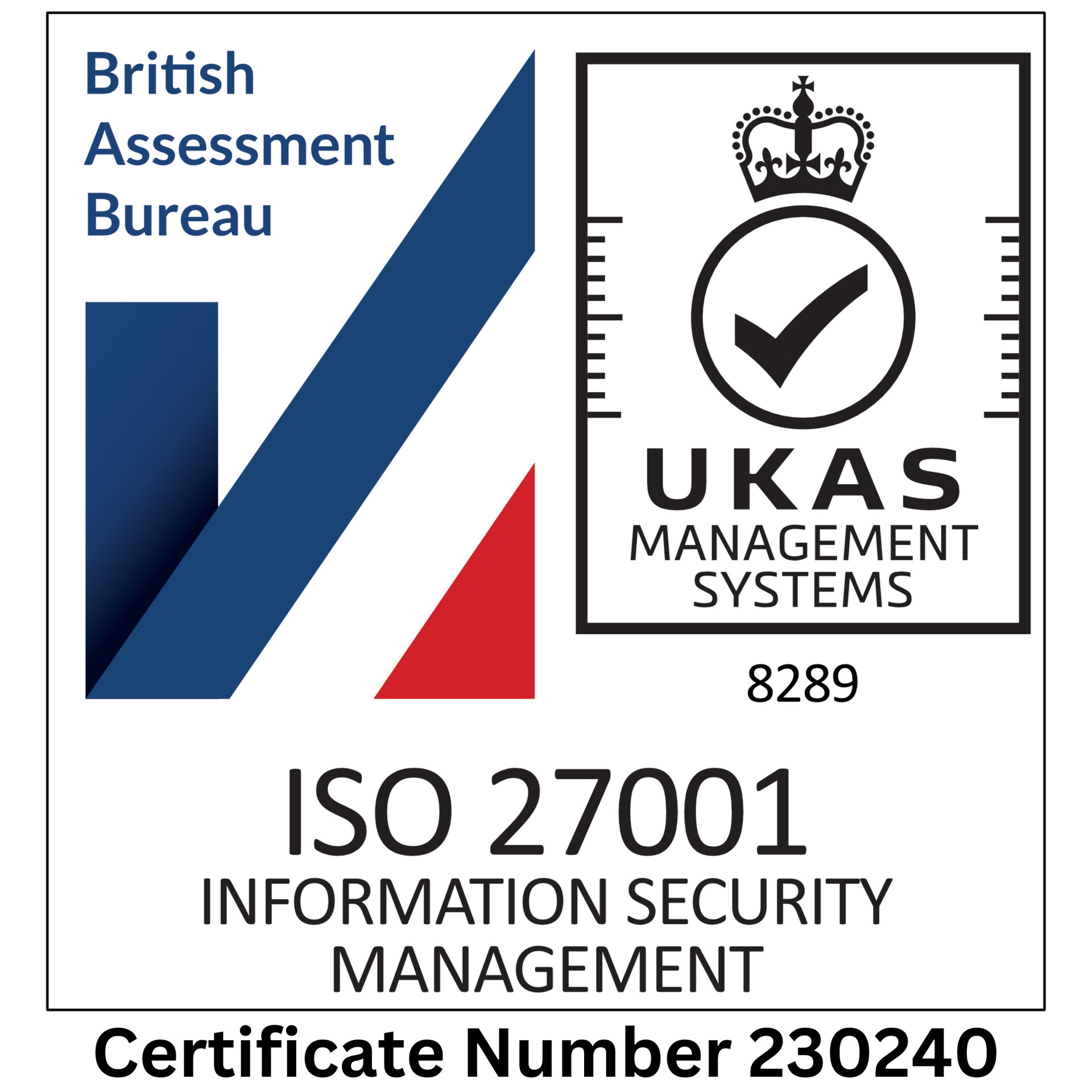How does a VoIP phone system work?
How does a VoIP phone system work? Learn how IP telephony works, and discover whether it's a good match for your business.
If you're wondering "how does a VoIP phone system work?", or "what is this VoIP thing anyway?", pull up a chair and read on. Soon you'll know the basics, the benefits and all the big tech behind this 'new standard' communication system.
Perhaps you've heard colleagues talk of this mysterious "VoIP". Maybe you're suspecting they're aliens in disguise, and VoIP might actually be an extra-terrestrial greeting that was never meant for human ears. Maybe it's all a big practical joke, and VoIP doesn't mean anything except "let's have some fun with the tech rookie".
Or maybe, just maybe, you already know the basics, and you want to know how cloud-based telephony can help your business.
Fear not. By the end of this article, you won't just know how VoIP works, but you'll be able to smash those water-cooler chats with talk of "VoIP-compatible handsets" and "packet switching".
How does a VoIP phone system work? (The "explain like I'm five" answer)
VoIP stands for "Voice over Internet Protocol". In simple terms, it means a telephone system that transmits audio using the internet, rather than a standard landline phone network.
Of course, it's all a bit more complicated (and a lot more useful) than that definition suggests. But at least you'll have an answer ready if your boss decides to test your knowledge in a 9:00 AM stakeholder meeting. (You can thank us later.)
VoIP is pronounced "voyp", to rhyme with "type" spoken in a thick Brooklyn accent.
How does VoIP work? (The "I'm a busy IT manager and I just need to know the benefits, like, RIGHT NOW" answer)
OK, understood. Let's get down to brass tacks. How VoIP phones work is that they replace your traditional landline with a cloud-based solution that relies on an internet connection. Replacing an entire phone system might seem like a big step, but when you weigh up the benefits, it's easy to see why so many companies are making the switch.
It's very much an upgrade. Think of it like switching from an old-school "brick" phone to the latest smart device. Or like relying on those horrible hand dryers that only leave you with warm, wet hands, then trying out the latest model that seems to dry with the power of a 747.
For starters, VoIP systems could save you a fat wad of cash on call charges. Here at Yoozoom,
we offer comprehensive solutions that come with unlimited talk time. (For a deeper look at this, read our blog
"Are VoIP calls free?".)
Secondly, VoIP means you can ditch that call-switching box and the tangle of cables that comes with it. It can all run on your current internet infrastructure – in other words, your broadband router, computers and mobile devices. That's not to say you won't need additional hardware. If you want the familiar "pick-up-a-receiver-and-talk" experience,
you'll need to purchase VoIP-compatible handsets. We can advise on the right fit for your business.
But this is all optional. VoIP can also work as a software-only solution, where staff use
computer applications to make calls, send text messages, and
host video-conferencing calls.
Still not convinced? Consider this – you probably already use VoIP software on a daily basis.
That's right. Popular mobile messaging apps use VoIP technology to facilitate fast, low-cost communication between billions of people around the globe. (Around 3 billion, in fact.) How IP telephony works for business is largely the same, just scaled up to suit the size of your enterprise, and to factor in devices other than smartphones.
How does VoIP work? (The "I asked for it, give me all the juicy technical info" answer)
If you've read this far, you're probably a certified tech nerd. Good. So are we. But to answer the question "how does a VoIP phone system work?" in full, techy detail… well, that would require more than a quick blog post, let's put it that way.
So let's cover the technical essentials – all the stuff that separates VoIP from the traditional landline systems we're all used to.
Traditional phones work through a system called "circuit switching". On circuit-switched networks, analogue audio signals are carried back and forth across wires, essentially as if there was a direct electrical circuit between the caller and the recipient.
Think of those old-school telephone operators with their endless banks of wires and inputs. This method of connecting calls has remained standard for most of the history of telephony, although the human operators were eventually replaced with clever mechanical solutions.
This system is so long in the tooth (like, 1876 long in the tooth) that it's often referred to as POTS, or the "Plain Old Telephone Service". It's no wonder BT is planning to
shut this service down completely by 2025.
And what technology is BT switching to? A system that swaps the old-school circuit switching for a newer "packet switching" service.
Instead of connecting callers directly, packet switching networks break audio signals into tiny digital chunks, which are split up and reassembled at the other end of the line. The recipient still hears crisp, unbroken audio, but the method of transmitting this audio is very different.
Sound familiar? Packet switching is the technology that powers the internet, and it's the same technology that makes our VoIP phone systems work.
Let that sink in. VoIP is so ahead of the curve that it's literally going to form the basis of all our daily landline phone calls in a few years' time.
So why wait until then? Not only are our VoIP services more reliable than the current, antiquated phone system, but they boast more features and can be more cost-effective than standard landlines. And that will almost certainly still be the case after BT makes the big switch.
Get the jump on your competitors (and BT) today.
Contact one of our friendly phone system experts and learn more about how VoIP can supercharge your business communications.





















